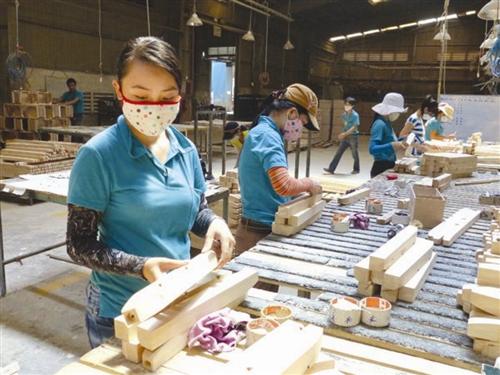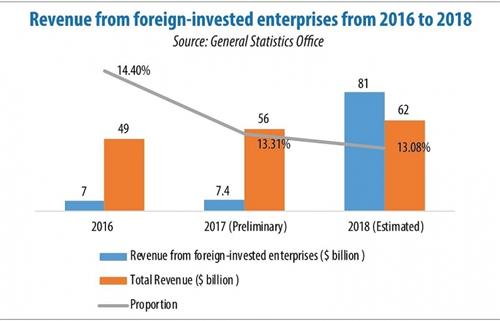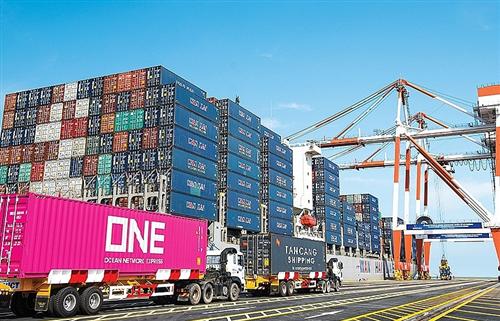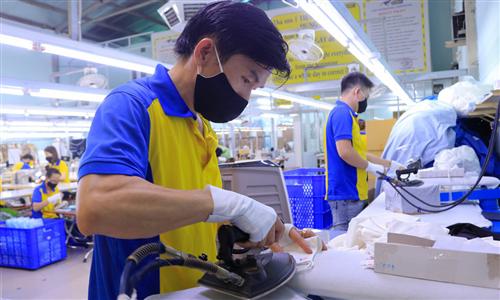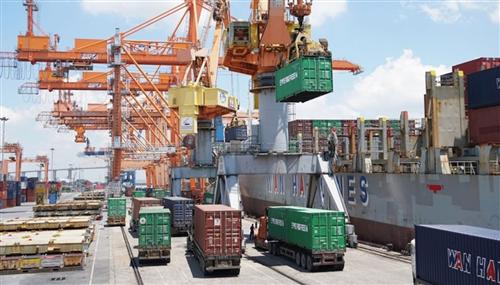Further clarity to new investment laws
Further clarity to new investment laws
International investors are seeking for more positive changes in mergers and acquisitions transactions and market access conditions in the latest draft amendments to the Law on Investment to keep them moving forward with their future ventures.

Further clarity to new investment laws, illustration photo
|
The Ministry of Planning and Investment (MPI), which compiles the draft amendments to the Law on Investment 2014, submitted the latest draft to the National Assembly (NA) Standing Committee in mid-April to discuss affairs of concern before sending it to the NA’s May session for approval, with market access conditions and mergers and acquisitions (M&A) transactions garnering the most attention among foreign ventures.
Pursuant to Article 24.2 of the draft law, foreign financiers who invest in the form of capital contribution or purchase of shares or portion of capital contribution into an economic entity (which includes M&A transactions) are required to comply with the laws on competition concerning economic concentration.
Meanwhile, Decree No.35/2020/ND-CP dated March 2020 and effective from May 15 requires parties to implement the economic concentration control procedure before implementing an M&A transaction.
Nguyen Manh Cuong, member of the Legal Sector Committee at the European Chamber of Commerce and Industry (EuroCham), told VIR, “Unfortunately, this proposed addition is not totally clear. It could be interpreted as requiring foreign investors to complete the control concentration procedure before they submit the application for approval to the competent department of planning and investment to proceed with the transaction.”
Cuong added that in order to provide a more business-friendly environment for foreign investors and a more efficient legal framework for such transactions, it remains important that both procedures are clearly distinguished. “The Law on Investment should not provide any requirement with respect to economic concentration procedure, which should be provided in competition-related laws only,” he recommended.
In addition, foreign financiers are also worried about the protection of rights and benefits of shareholders and others in investment activities and in M&A deals.
Marko Walde, chief representative of the Delegation of German Industry and Commerce in Vietnam said, “The rights, obligations, and benefits of shareholders, investors, and members of the company would be protected while the quality of corporate governance would be improved in compliance with the Investment Protection Agreement between the EU and Vietnam that is expected to come into force in the upcoming year.”
Walde said the most important elements are the consistency and transparency of legal documents in the long term. “This ensures that we can pursue our duly commenced, licensed, and retained businesses without interruption by later regulatory alterations,” he explained.
In addition, compared with the current law, Article 9.4 of the draft proposes some market access conditions applicable to overseas investors. These include a new point on “other conditions as stipulated in the laws, ordinances, and decrees”.
“The purpose of this new wording is ambiguous and foreign businesses are concerned that it may be used to impose unreasonable business conditions on investors and restrict market access to Vietnam, for example by imposing new requirements for licensing or sub-licensing,” said Antoine Logeay, chairman of EuroCham’s Legal Sector Committee.
The change in market access conditions has been created to institutionalise the Politburo’s recently-issued Resolution No.50-NQ-TW, giving directions to the new foreign direct investment (FDI) attraction strategy towards 2030, thus enabling foreign investors to broaden opportunities in the country.
The draft also supplements the list of business lines with conditional market access for foreign investors. The list includes business lines that international investors are not yet allowed to access and others that they are only able to access with conditions. With the business lines out of the way, overseas investors have the same market access as domestic ones.
“This supplementation is aimed to simplify procedures and increase transparency and feasibility in the application of the country’s commitments to open the market in alignment with new-generation free trade agreements and international treaties on investment. It will also deal with inconsistencies in the application of Vietnam’s commitments in free trade agreements which have different approaches in market access,” said an MPI official.
In fact, the draft has a number of improvements, including investment incentives to increase the country’s attraction. Accordingly, the draft adds some sectors subjective to investment incentives. They include research and development (R&D), business of products as a result of R&D, innovation activities, and manufacturing of goods or service supply created from or joining the value chain.
“The draft law will therefore create more opportunities for German and international investors to set up business in Vietnam,” Walde noted, recommending other potential sectors such as the renewable energy or healthcare sectors to become preferential investment lines.
If the draft amendment is approved by the NA, it will take effect on January 1, 2021. According to some economists, investment shifts among multinational corporations to Vietnam could emerge, driven by the country’s successes in control of COVID-19, reaffirming it as a safe destination.
Vietnam attracted $15.47 billion worth of foreign-led stake equitisations in 2019, up 56.4 per cent on-year. In the first quarter of 2020, M&A deals rose 52.6 per cent on-year, accounting for 41 per cent of the country’s total pledged FDI.
|
The government has issued Decree No.37/2020/ND-CP, adding the list of business lines that receive investment incentives. The decree will take effect from May 15, 2020, in line with Decree No.118/2015/ND-CP dated November 2015. Additions are the business and investment activities aligned with the Law on Supporting Small- and Medium-sized Enterprises (SMEs), including investment and business activities in: * Distribution chains of products made by SMEs * Incubation establishments for SMEs * Technical supporting facilities for SMEs * Coworking spaces for SMEs to serve innovations and start a business. |







